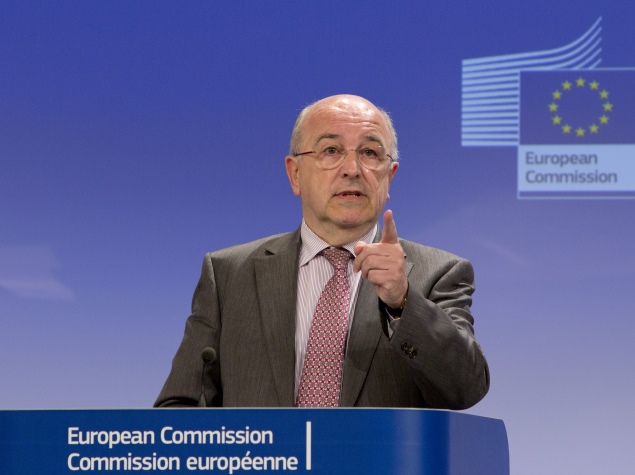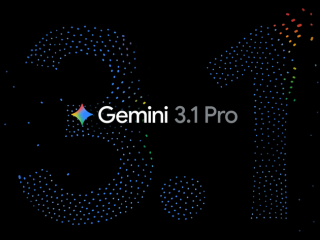Top EU official is no fan of 'freemium' model, in-app purchases

EU Justice Commissioner Viviane Reding called a two-day meeting with European developers of mobile apps and is warning them that to advertise products as 'free' only to charge consumers later could undermine confidence in the industry.
In particular, Reding said consumers are being short-changed by 'in-app' purchases -- in which users are able to download games but are later required to pay to continue playing.
"Misleading consumers is clearly the wrong business model and also goes against the spirit of EU rules on consumer protection," Reding said, adding that she expected "very concrete answers" from the app industry.
While it has not made its research into the problem public, the Commission said it has received complaints from "all over Europe" and it is particularly concerned about children being charged to upgrade games.
The meeting, which ends on Friday, will bring together lawyers and representatives from app start-ups, government consumer watchdogs from EU member states and industry leaders Google and Apple.
However, while industry observers agree children should be protected, there is concern that European regulators have misunderstood the "freemium" business model, which involves free downloads then small charges for upgrades.
"Nothing is for free and concern with this business model is naive," said Ann Mettler, executive director of The Lisbon Council, a Brussels-based technology think-tank.
"Start-ups need to generate money and there is nothing wrong with offering users free basic services then giving them the option to upgrade," Mettler says.
However, the Commission said the freemium model targets children through default purchase settings, which can result in mobile app users being debited without explicit consent.
"It might not always be clear where the freemium model ends and where the payment begins," said James Waterworth, from the Computer and Communications Industry Association.
"It is excellent that the Commission is getting industry players together to agree on standards, rather than approaching it with heavy handed court-cases which would take years to resolve," Waterworth said.
Other observers point out the regulatory concerns are in contrast with the upbeat assessment of tech start-ups released earlier this month by EU Commissioner for the Digital Agenda, Neelie Kroes, suggesting the EU's digital economy could employ nearly five million people by 2018.
An EU official suggested that children running up bills on their parents' tablet computers is "a real issue" but warned against the risk of over-reacting.Get your daily dose of tech news, reviews, and insights, in under 80 characters on Gadgets 360 Turbo. Connect with fellow tech lovers on our Forum. Follow us on X, Facebook, WhatsApp, Threads and Google News for instant updates. Catch all the action on our YouTube channel.
Related Stories
- Samsung Galaxy Unpacked 2026
- iPhone 17 Pro Max
- ChatGPT
- iOS 26
- Laptop Under 50000
- Smartwatch Under 10000
- Apple Vision Pro
- Oneplus 12
- OnePlus Nord CE 3 Lite 5G
- iPhone 13
- Xiaomi 14 Pro
- Oppo Find N3
- Tecno Spark Go (2023)
- Realme V30
- Best Phones Under 25000
- Samsung Galaxy S24 Series
- Cryptocurrency
- iQoo 12
- Samsung Galaxy S24 Ultra
- Giottus
- Samsung Galaxy Z Flip 5
- Apple 'Scary Fast'
- Housefull 5
- GoPro Hero 12 Black Review
- Invincible Season 2
- JioGlass
- HD Ready TV
- Latest Mobile Phones
- Compare Phones
- Realme P4 Lite
- Vivo V70
- Vivo V70 Elite
- Google Pixel 10a
- Tecno Camon 50
- Tecno Camon 50 Pro
- Lava Bold N2
- Vivo V60 Lite 4G
- Asus Vivobook 16 (M1605NAQ)
- Asus Vivobook 15 (2026)
- Infinix Xpad 30E
- Brave Ark 2-in-1
- Amazfit T-Rex Ultra 2
- boAt Chrome Iris
- Xiaomi QLED TV X Pro 75
- Haier H5E Series
- Asus ROG Ally
- Nintendo Switch Lite
- Haier 1.6 Ton 5 Star Inverter Split AC (HSU19G-MZAID5BN-INV)
- Haier 1.6 Ton 5 Star Inverter Split AC (HSU19G-MZAIM5BN-INV)







![[Partner Content] OPPO Reno15 Series: AI Portrait Camera, Popout and First Compact Reno](https://www.gadgets360.com/static/mobile/images/spacer.png)









